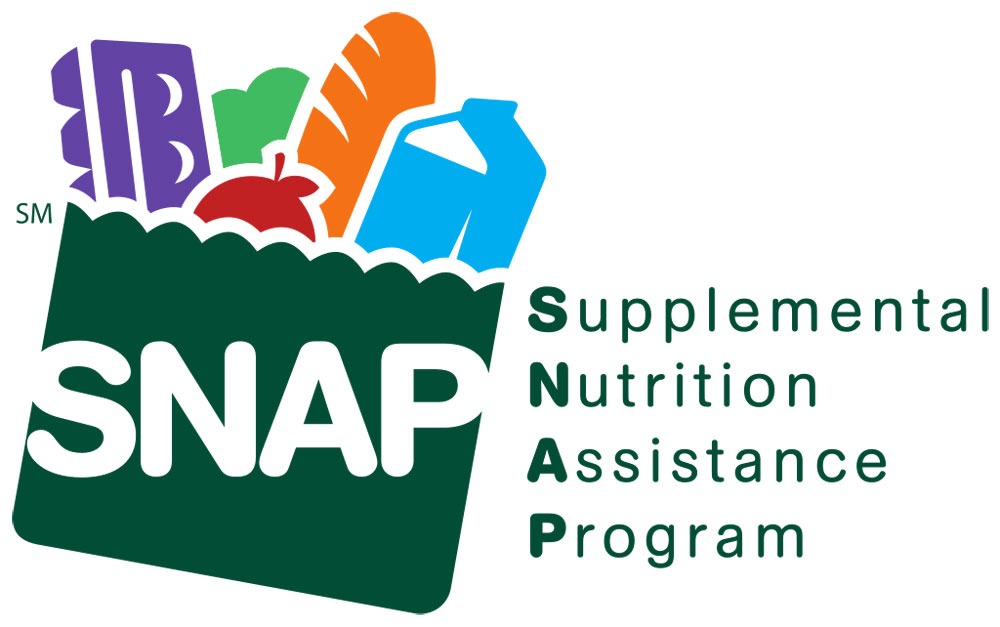
September 19, 2019; Star Tribune
Officials in Minnesota estimate that proposed changes to the Supplemental Nutrition Assistance Program (SNAP) could leave over 35,000 Minnesotans without access to their benefits if the rule takes effect. Nonprofit leaders in the state are pushing back against the proposed changes as they prepare for increased demand in their emergency food systems.
SNAP is the nation’s most important anti-hunger program and provides important nutritional support for low-wage and low-income Americans across the country, including children, disabled, and the elderly. The Center on Budget and Policy Priorities (CBPP) reports that SNAP (formerly known as the Food Stamp Program) helped 40 million low-income Americans in a typical month in 2018. The federal government spent $68 billion on SNAP and other food assistance programs in 2018. They note that “more than two-thirds of SNAP participants are in families with children; a third are in households with seniors or people with disabilities.”
The report describes how SNAP serves important functions other than its primary purpose of helping low-income people afford an adequate diet: “SNAP responds quickly and effectively to support low-income families and communities during times of increased need.” SNAP plays an important safety net role in times of emergency, such as disasters and economic downturns.
Sign up for our free newsletters
Subscribe to NPQ's newsletters to have our top stories delivered directly to your inbox.
By signing up, you agree to our privacy policy and terms of use, and to receive messages from NPQ and our partners.
Research has shown that SNAP benefits have reduced food insecurity for the 15 million households that were food insecure in the United States in 2017. It also serves as an important economic stimulus tool during recessions because it can release money into the economy quickly, and the benefits are usually spent in a short period after receiving them. Additionally, because SNAP primarily focuses on the poor, it acts as an important anti-poverty tool. CBPP research states that “SNAP kept 7.3 million people out of poverty in 2016, including 3.3 million children.”
Despite an extremely robust accountability and monitoring system for the SNAP program, the Trump administration has cited concerns over what is referred to as “broad-based categorical eligibility” (BBCE). Politico reports that this rule “allows states to confer SNAP eligibility to households” if they are receiving assistance through Temporary Assistance for Needy Families (TANF). The rule also provides flexibility for states to set their own eligibility rules and to “get around the typical asset limits and expands the income limits for SNAP in some cases.” The administration estimates that the proposed rule change would cut off more than 3 million Americans who were previously eligible for the program.
Another report from CBPP examines the demographics of individuals who will be most susceptible to the rule change. The study found the change would primarily affect two specific groups: “those working but still near poverty, and those saving modestly in order to become more economically independent.” Individuals are disqualified for SNAP eligibility if they have as little as $2,250 in savings. The BBCE rule allows states to adjust this very low asset limit so that people are not punished for having savings. The report found that a majority of individuals who receive SNAP benefits do work if they are able to.
If passed, the administration estimates that the government would save $3 billion per year. This estimate comes in light of the fact that the United States approved $780 billion for its defense budget and that many of these funds have been unaccounted for in light of the Pentagon’s first audit. The notion that our federal government is moving forward with this policy despite its own estimates that the policy could cut off over 3 million people from benefits and that the rule “may also negatively impact food security” is troubling. On its surface, the policy is another attempt to base policy decisions on anecdotes and fear that create false perceptions about low-income individuals. Trump’s crusade against voter fraud and the “invasion” of hard-working individuals from Latin America are other examples.—Benjamin Martinez












